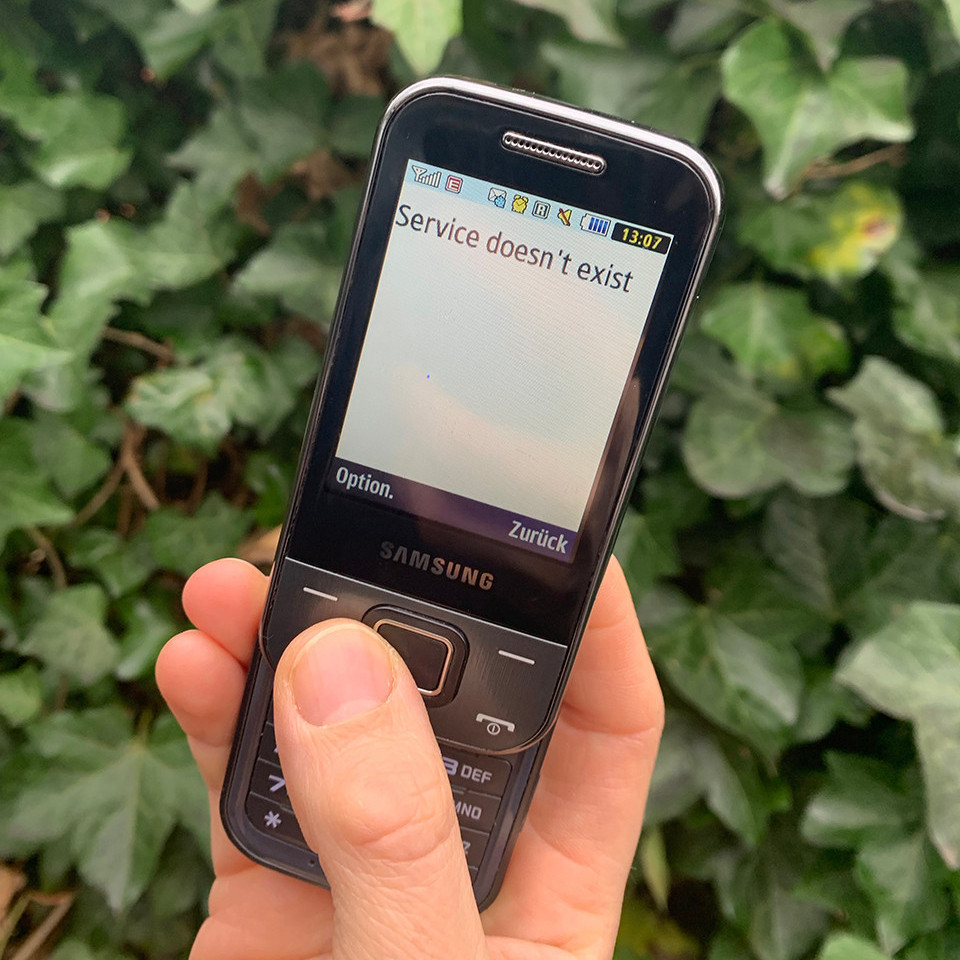
This text was published in HARD COPY 13 / Autumn 2021
666, 17, 13, 4
Just a collection of numbers? Or perhaps next week’s lottery winner? Or a malevolent countdown? Some numbers are considered lucky, just like some animals are believed to herald ill fortune. We take a brief look at superstitions around the world and explain why lucky charms can sometimes really be lucky.
Nope, we’re definitely not superstitious! Never! It’s just a load of nonsense! Until, that is, on Friday the thirteenth a black cat happens to cross our path and we feel a shiver go down our spine. Or the mirror cracks from side to side … is it a message? It can’t be good!
Wherever you go in the world you’ll find religious beliefs and, nestling in the shadows, all manner of superstitions. Every country, every culture has its own unique and highly idiosyncratic beliefs:
In the Netherlands you’re well advised never to sing a cheerful tune at the table – songs like these attract the devil. And in Lithuania, whistling indoors is a sure-fire way to summon demons. In Norway, please never ever whistle when the sun’s shining because that is certain to provoke the gods to send rain. In Russia, expectant mothers should never eat secretly because their child will turn out to be a coward. In Germany in earlier days, pregnant women were warned not to give into their cravings because that meant their child would become a thief.
The number 13 mentioned above is considered a black number by North Americans and Europeans – even seat rows in planes and train station platforms are called 12a to avoid bad luck. In southern Europe, it’s the number 17, and for the Chinese and Japanese four is unlucky because it sounds very close to the word for death and suffering. And it absolutely goes without saying that 666 is by far the most evil, satanic of all the numbers.
Most of these myths are ancient, going back to the Middle Ages or even further, to the early days of the world’s religions. Often, though, the origins of the superstitions we believe in are shrouded in the mists of time, replicated without asking why. They are passed down from generation to generation, but just why you need to toss a few grains of salt over your shoulder to ward off bad luck if you spill salt is anyone’s guess. A reasonable explanation is probably that salt was once so costly and rare that it needed to be protected with a ban. It was almost as valuable as gold, and losing gold today would definitely be considered a stroke of very bad luck.
Superstitions are of particular interest to academics because they play such an important role in practically every culture and society around the world. In psychology, superstition is regarded as closely connected to the self-fulfilling prophecy: when everyone yells, “Watch out! That’s going to go wrong!”, it makes it more than likely that the undertaking will, in fact, go pear-shaped, if simply due to nerves. Or the placebo effect: our headache clears the moment we take an aspirin. Later, we discover the untouched pill on the kitchen table. How can that be?!



It’s all down to healing due to our belief that we will get better. We all probably have our very own superstitions to which we adhere affectionately: if the traffic lights stay green I will definitely get that new job. This is a uniquely egocentric view of the world, one that sees causality in events that have nothing to do with each other.
Psychologists and historians are unanimous that the cultural roots of superstition are to be found in an age when we knew less and had to believe more. Knowing why it happens certainly hasn’t dented our attachment to superstition: that can’t-lose gambling method, the jersey number in a sports match that brings the players either good or bad luck.
And, on a far more serious note, superstition flourishes in all the fake news where facts are questioned and emotion is more important than education. Living, as we do, in an age when there are so many things we do not (yet) know – like the coronavirus – just makes things all that hazier: how will things continue? What could happen to me? What should I do? In recent months, many statements, including those by recognised experts, have started with “I believe …” or “I assume …”.
Particularly when we know little, what remains is our very human need for answers and safety; this is when we turn to belief and faith. Or we see signs and view them as omens. There are bad omens and there are good ones. Strictly speaking, this is also superstition, but it is very often also based on experience: he hasn’t got in touch yet and that’s a bad sign. But superstition isn’t just an endless list of fears and terrible things that could happen; there are many superstitions that are seen as a sign of good luck: a chimney sweep is lucky, likewise a four-leaved clover, a horseshoe, lucky pigs and holy cows. A dreamcatcher gives you good dreams; a shooting star will make your wish come true, as will blowing a fallen eyelash off the back of your hand.
Mascots are a central part of our lucky charm culture and ultimately also belong in the self-fulfilling prophecy category. If you’ve got your lucky charm with you, then everything you do will turn out well, you’ll be blessed with good luck and be shielded and protected. It’s a way of winning the game. Just how closely faith and superstition are intertwined can be seen by the fact that some people carry a guardian angel or a rosary with them, both of which are quasi-religious mascots.
But are talismans and faith in good merely fairy-tales that confuse cause and effect? Not necessarily, because if you have deep faith in something then you are more likely to pursue that goal. Pursuit turns into willpower, and psychologists know that willpower very often leads to … success! The wish you make with your lucky charm, your horseshoe, that shooting star, your favourite scarf or those lucky shoes for a job interview can really come true. So let’s all grab a lucky charm and believe that our wishes will come true. Blow on that eyelash, close your eyes and wait for good things to happen.
Text by Oda Albers
Past Stories
Copy












